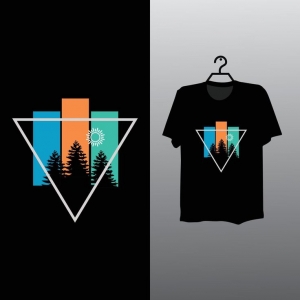Supporting statements with citations becomes necessary in any type of scientific text. This includes, among others, theses, dissertations and all kinds of publications and scientific papers. Students cannot avoid the topic of citation during their studies, because proper citations are required for both term papers during the semester and for bachelor's, master's, or diploma theses.
But how are you supposed to know what you actually have to cite and what not? In general, anything that is considered common knowledge does not need to be backed up with a source. If it can be assumed that readers know about a statement, no citation is necessary. This is based on the level of prior knowledge possessed by the group to which the scientific work is primarily directed.
Which citation method is the right one?
There are numerous different ways in which you can cite your sources in scientific papers. In German publications, these three are the most common:
There are numerous different ways in which you can cite your sources in scientific papers. In German publications, these three are the most common:
Harvard citation style
APA citation style
German citation
Furthermore, there are a number of other styles, for example:
APA citation style
German citation
Furthermore, there are a number of other styles, for example:
Vancouver
Chicago A or Chicago B
OSCOLA
IEEE
Turabian
APSA
Many citation styles are used primarily for a specific subject area, such as the Vancouver style for medical publications. Which citation style is the right one for your text depends mainly on whether and what guidelines and regulations there are on the part of the institution for which you are writing the scientific paper.
Chicago A or Chicago B
OSCOLA
IEEE
Turabian
APSA
Many citation styles are used primarily for a specific subject area, such as the Vancouver style for medical publications. Which citation style is the right one for your text depends mainly on whether and what guidelines and regulations there are on the part of the institution for which you are writing the scientific paper.
What you should avoid at all costs when citing scientific work
In order to cite scientific papers correctly and professionally, you should avoid the following things at all costs:
In order to cite scientific papers correctly and professionally, you should avoid the following things at all costs:
Inappropriate sources. All cited sources must absolutely be of a certain quality to be allowed to be used in a scientific paper. Other scholarly texts or otherwise high-quality work are considered good sources. You should be careful with Internet sites. Make absolutely sure that it is a trustworthy source - Wikipedia or news sites do not usually count as scientific sources.
If you’re using hired writers for formatting, you should also avoid giving away your money without considering multiple writing services to find the best one. Check out this eduguide.pro review or any other article was written by scamfighter. It will surely save you a lot of money.
Don't cite or forget sources. Failure to cite a source can result in your text not being acknowledged. In the worst case, you could also be accused of deception, because the bottom line is that no one can track whether you forgot the source out of carelessness or intentionally tried to pass off the thoughts as your own. Such plagiarism often results in the rejection of the scientific paper. John Milovich.
Don't cite or forget sources. Failure to cite a source can result in your text not being acknowledged. In the worst case, you could also be accused of deception, because the bottom line is that no one can track whether you forgot the source out of carelessness or intentionally tried to pass off the thoughts as your own. Such plagiarism often results in the rejection of the scientific paper. John Milovich.
Related Resources:






